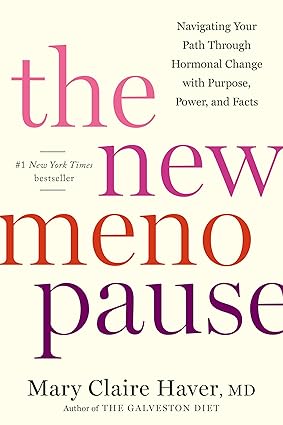The Nourishment We Needed All Along
Discover how food shapes your focus, mood, and memory—especially during the transformative years of midlife. This gentle guide explores the connection between nourishment and mental clarity, with mindful rituals and brain-supportive foods for women over 40. Honor your ritual with every bite.
NOURISH TO FLOURISH
7/2/20253 min read


Food’s Role in Mood, Memory, and Mental Energy
We live in a world where exhaustion is normalized and attention is splintered. It's easy to overlook the quiet power of what we place on our plate. Yet beneath the surface of every bite lies something ancient and essential: the body’s dialogue with the brain. We’ve spent years reaching for productivity hacks, supplements, and caffeine jolts, chasing clarity in a world that constantly overwhelms. But what if the key to feeling steady, focused, and emotionally whole wasn’t another external fix—but something simpler, slower, and more nourishing?
Food is more than fuel. It’s memory. It’s medicine. It’s the steady rhythm our body craves in a culture of burnout. For women over 40—navigating midlife changes, mental load, and shifting hormones—nutrition becomes more than just self-care. It becomes a lifeline back to clarity, calm, and connection. Nourishing the Mind.
Your Brain on Food
The human brain is only 2% of your body’s weight but consumes nearly 20% of your energy. It doesn’t just want nourishment—it requires it. When we feed it whole foods—omega-rich seeds, leafy greens, berries, and fermented wonders—we’re offering it the tools to think clearly and feel deeply. Nutrients like B vitamins, magnesium, and healthy fats are directly linked to emotional regulation and memory retention. When your diet lacks vital nutrients, the brain shifts into survival mode: fog, fatigue, irritability. But when you fuel it with nutrient-dense, anti-inflammatory foods, you can actually support your brain's neuroplasticity—its ability to form new connections, improve memory, and regulate mood.
Key nutrients for mental energy and focus:
Omega-3 fatty acids (from flax, walnuts, salmon): support memory and reduce inflammation in the brain.
Magnesium (from leafy greens, pumpkin seeds): calms the nervous system, aids sleep, and supports hormone balance.
B vitamins (from whole grains, eggs, legumes): boost neurotransmitter production (think serotonin, dopamine, GABA).
Polyphenols & antioxidants (from berries, green tea, dark chocolate): protect the brain from oxidative stress and age-related decline.
Hormonal shifts in midlife bring a new sensitivity—especially to blood sugar swings and inflammation. Mindful eating at this stage becomes an act of self-respect. Complex carbs from sweet potatoes, wild rice, and oats offer steady energy. Anti-inflammatory herbs like turmeric and ginger soothe both the gut and the mind.
For Women in Midlife: It’s Not Just in Your Head
In your 40s and beyond, estrogen naturally declines—and with it, so does its protective effect on the brain and mood. This can trigger changes in memory, attention span, sleep, and emotional resilience.
You may notice:
Feeling wired and tired—restless at night, sluggish in the morning
Emotional sensitivity or anxiety that wasn’t there before
Forgetfulness, brain fog, or difficulty concentrating
These aren’t personal failings. They’re signals. And food can be a powerful response.
Supportive foods in midlife:
Complex carbs (quinoa, oats, sweet potatoes): stabilize blood sugar and fuel serotonin production
Cruciferous vegetables (broccoli, kale): help detoxify estrogen metabolites
Fermented foods (sauerkraut, kefir, miso): balance the gut-brain axis and reduce inflammation
Herbs & spices (turmeric, ginger, ashwagandha): support mood regulation and hormonal balance
The Ritual of Remembering Yourself
To eat slowly and mindfully is to return to your body—your inner compass. It's where healing begins.
Imagine:
You sit down to a warm bowl of lentil stew. You light a candle. You breathe.
You taste each bite, aware of its warmth, texture, and flavor.
This is not just eating. This is returning.
When we eat with intention, we shift out of stress mode. Our parasympathetic nervous system engages, aiding digestion and calming the mind. It’s how the body whispers, you are safe now.
Try This Ritual
Brew a cup of lemon balm or chamomile tea.
Sit somewhere quiet.
With your hand on your belly, ask:
What am I hungry for—not just physically, but emotionally?
Sip slowly. Listen.
Life is a journey not a destination!
Here are some suggestions to help you on your quest to a better you. Click on book to purchase.
NURTURE
Sustain
Care
© 2025. All rights reserved.






